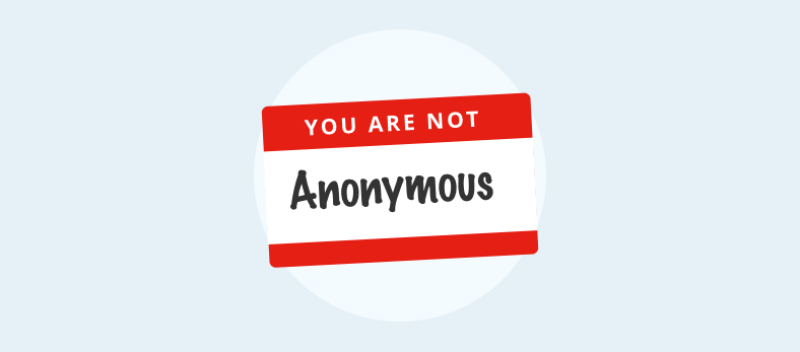
Policy
CISPA Moves to Senate as Privacy Concerns Continue to Mount
CISPA (Cyber Intelligence Sharing and Protection Act) was passed by the US House of Representatives last Thursday 288 to 217. It now sits in front the Senate despite a myriad of privacy concerns. President Obama has been vocal about the lack of protection offered to US citizens. The big questions are whether or not CISPA can actually make it through US Senate and how citizens can protect themselves if it does.
What Are the Most Important Privacy Concerns for US Citizens?
Most of the opposition to CISPA centers on information being turned over to the federal government. Under CISPA, online companies gain the ability to provide emails, usernames, passwords, browsing history, and other data to the federal government without incurring liability. Additionally, ISPs gain the ability to turn over information about browsing habits of individual IP addresses. CISPA will supersede all of the user agreements signed by users, including Terms of Service and Privacy Policy.
What is the Likelihood CISPA is Passed in the Senate?
It is difficult to predict the future of CISPA. The original version passed by the House of Representatives in 2012 was swiftly abandoned in the Senate at the hands of a filibuster. The growing support from the House is the important difference this second time around. Following an $84 million lobbying effort from major bill sponsors, the number of Democrats supporting the bill increased from 40 to 92. The major sponsors of this effort include Verizon Wireless, Time Warner and Viacom. If this trend is mirrored in the Senate, the chance of CISPA passing increases significantly.
President Obama has consistently stated he will veto CISPA if it is passed in the Senate. If he follows through, then all of the concern about CISPA can perhaps be laid to rest.
What Proactive Steps Can Citizens Take to Protect Themselves?
The core privacy issue boils down to the open sharing of user data. If CISPA becomes law, there are several proactive steps users can take to minimize the invasion of privacy. The easiest step is using a VPN. Not only does a VPN encrypt data so ISPs cannot see what users are doing, but it also alters the IP address websites associated with that particular user. Implementing additional Internet security and privacy best practices such as using a different username and password for each online profile can help as well. All best practices are designed to both protect privacy and mitigate risk by ensuring the exposure of individual user profiles does not endanger all of the others.
If CISPA would become law, there is no way to accurately predict the implications because the wording is vague. It can potentially undercut every tenet of online privacy that has been built over the past decade by giving the federal government authority to access every piece of digital information without a warrant or just cause.
Golden Frog was founded to keep the Internet open and free while respecting user privacy and security. In 2009, we launched VyprVPN Personal VPN to encrypt Internet connections, protect online privacy, prevent monitoring of online communications and provide access to restricted websites to preserve an open and free Internet. VyprVPN supports all devices and has servers in Asia, Canada, Denmark, France, Germany, Netherlands, Russia, Sweden, Switzerland, the UK, the U.S. and other locations around the world.

